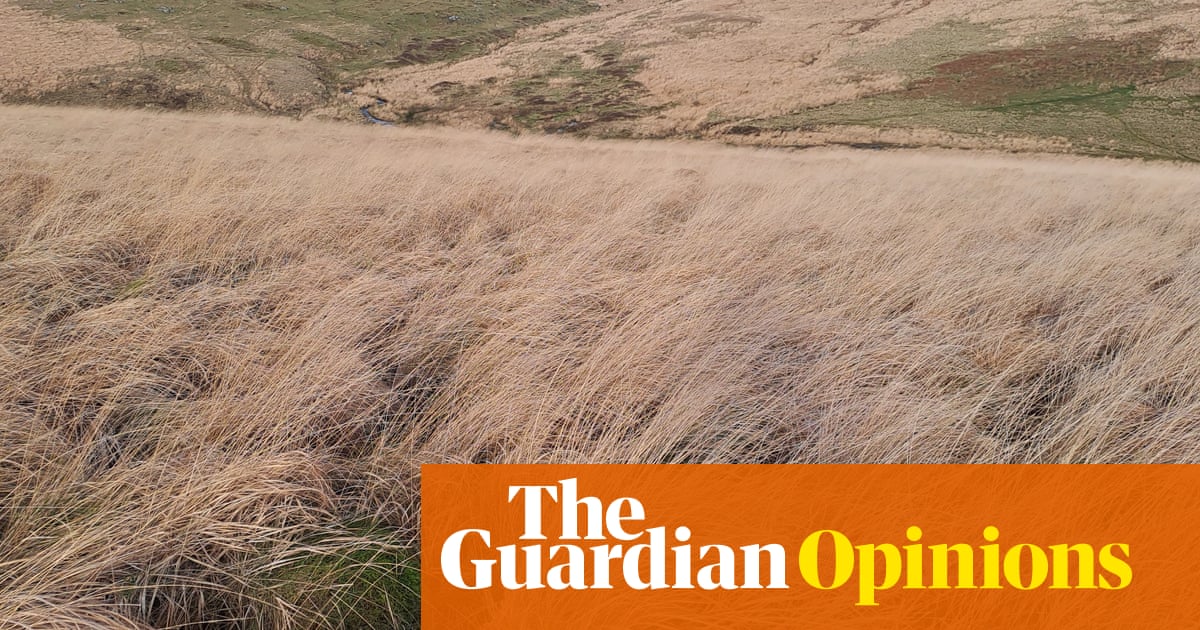
"Molinia caerulea, or purple moor-grass, has invaded vast areas of Britain’s upland, creating dismal landscapes that are hostile to wildlife and human activity."
"The spread of Molinia creates terrestrial dead zones, characterized by a dominance of a single plant species, leading to ecosystems that are as barren as deserts."
"Despite winning legal rights to wild camp on Dartmoor, the reality is that much of this landscape has become almost entirely inaccessible due to Molinia's encroachment."
"Molinia monoculture is an insidious problem in Britain, emerging in some of the wettest regions, yet it goes largely unnoticed and dismissed by the public."
Deserts in Britain are on the rise, largely unnoticed by the public. These are not traditional deserts, but areas dominated by the invasive purple moor-grass (Molinia caerulea), which thrive in wet conditions, rather than dry ones. This grass has taken over vast upland areas in regions like Wales and Dartmoor, leading to barren landscapes with limited biodiversity. The resulting environmental changes render many natural spaces almost uninhabitable for both wildlife and humans, raising concerns about land accessibility despite recent legal wins for wild camping, highlighting a significant ecological issue largely overlooked by society.
Read at www.theguardian.com
Unable to calculate read time
Collection
[
|
...
]